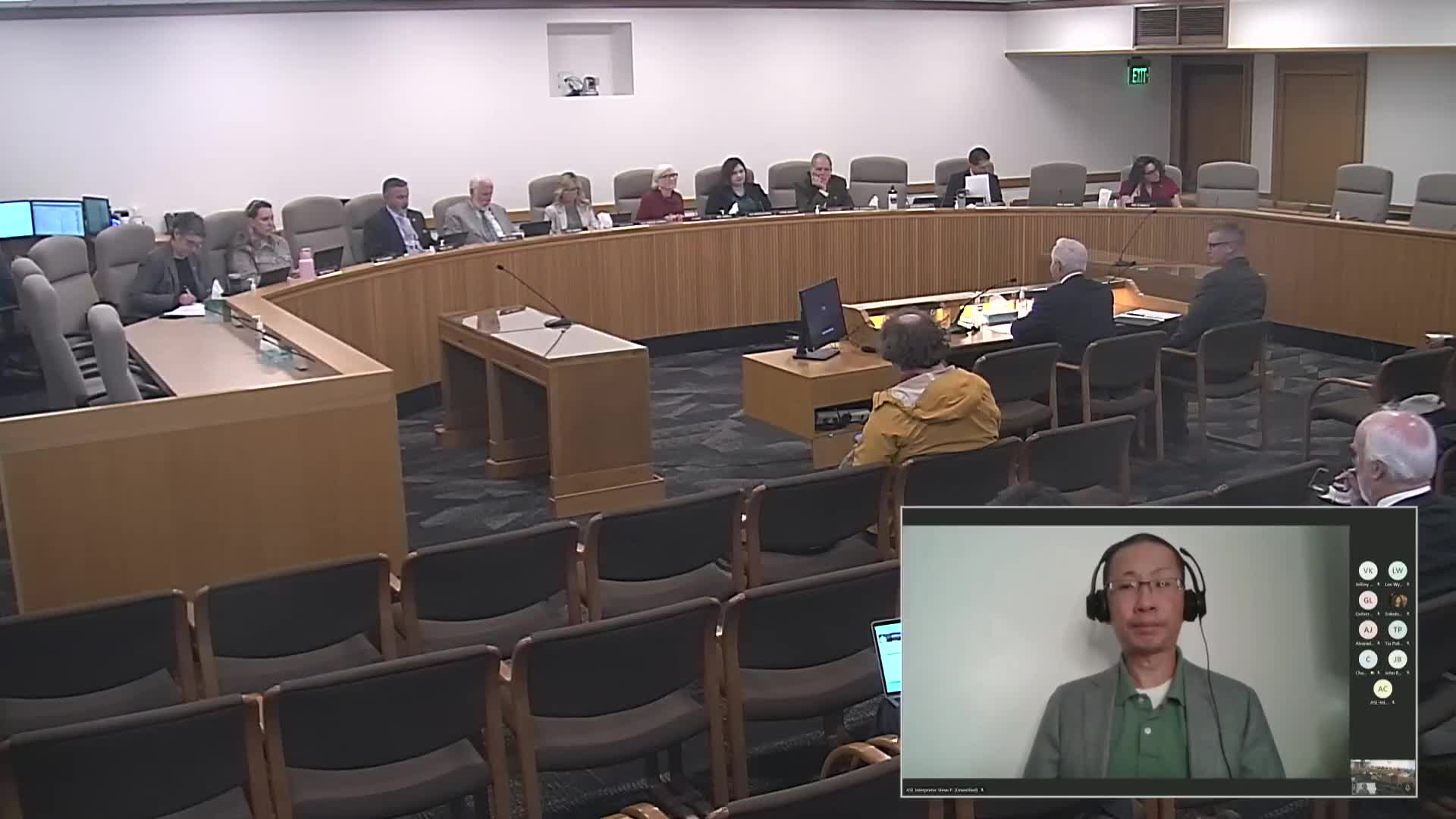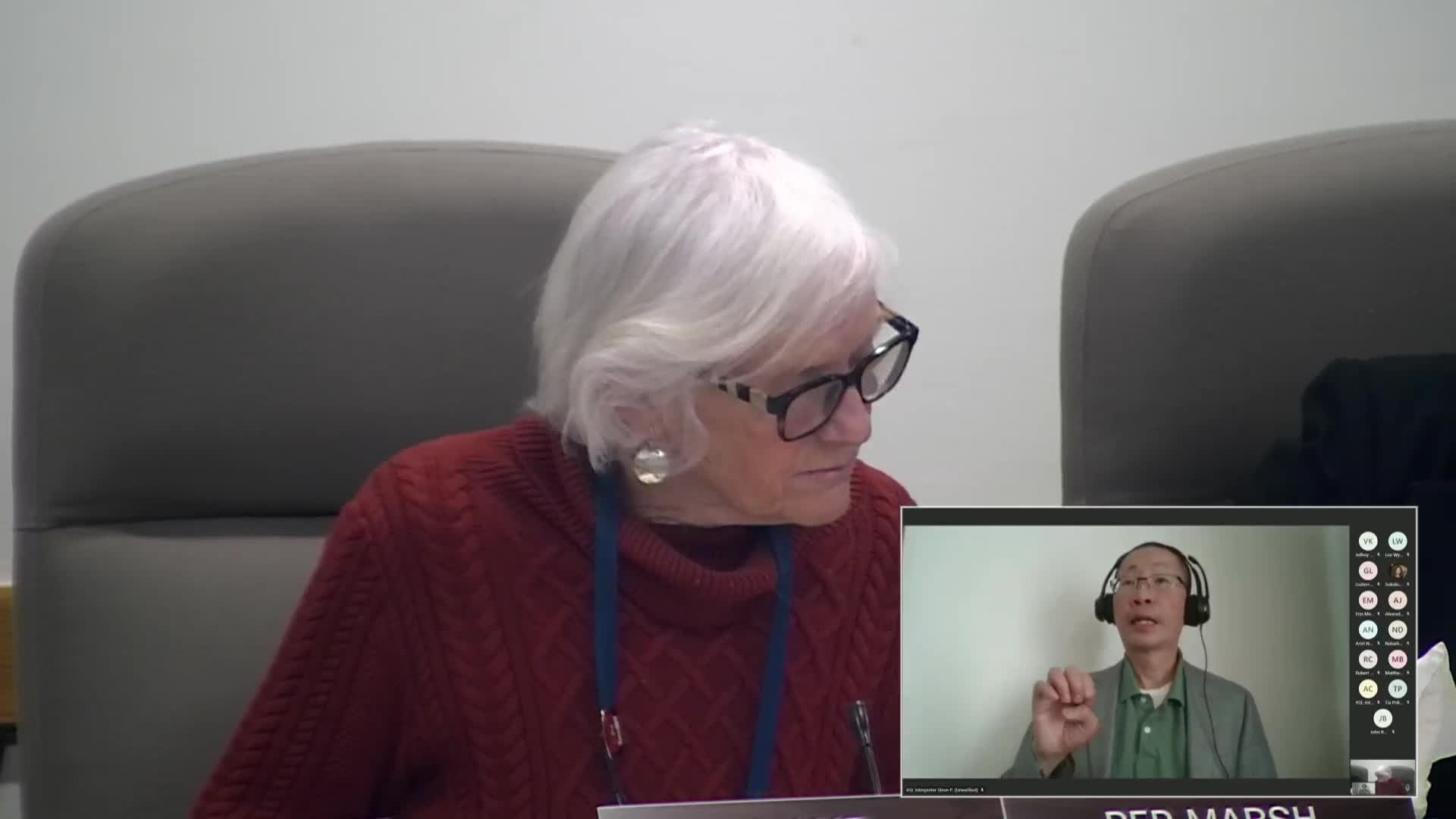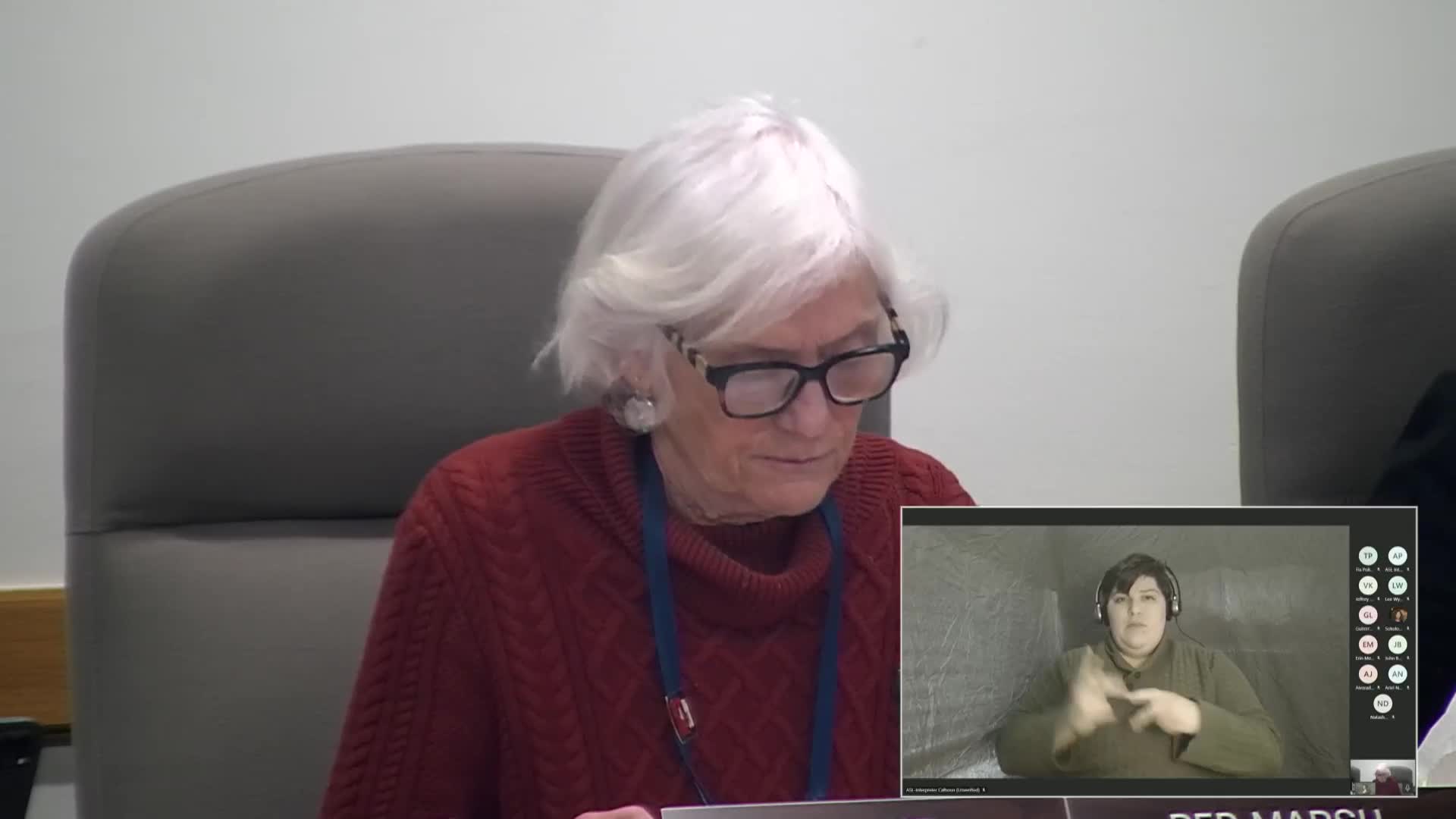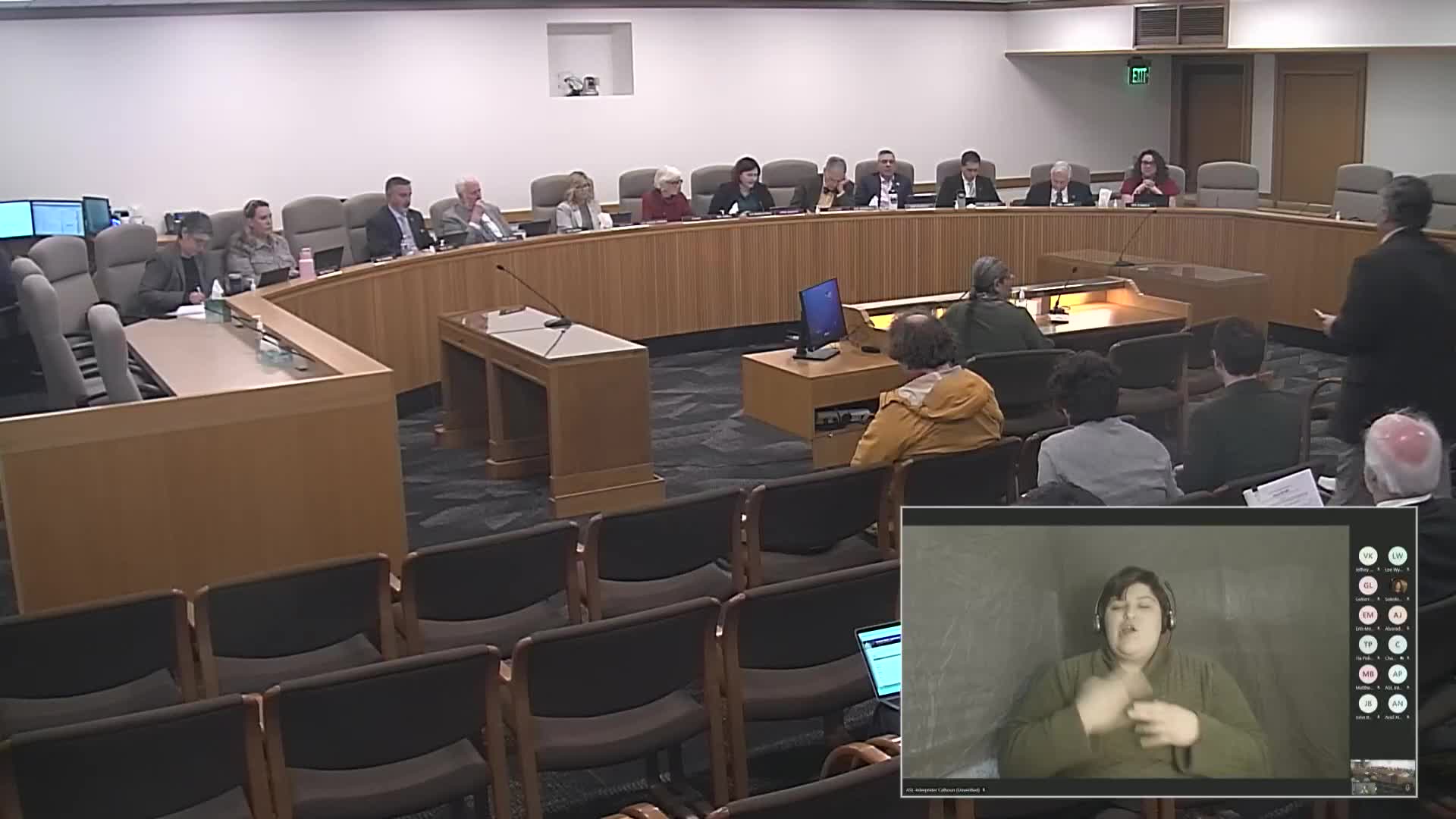Article not found
This article is no longer available. But don't worry—we've gathered other articles that discuss the same topic.

Good Neighbor Act proposal prompts split testimony over tenant protections and eviction ease

Committee hears bill to ban landlord applicant screening fees; advocates cite barriers, landlords warn of costs

House committee hears bill to require written holding‑deposit agreements, penalties for breaches

